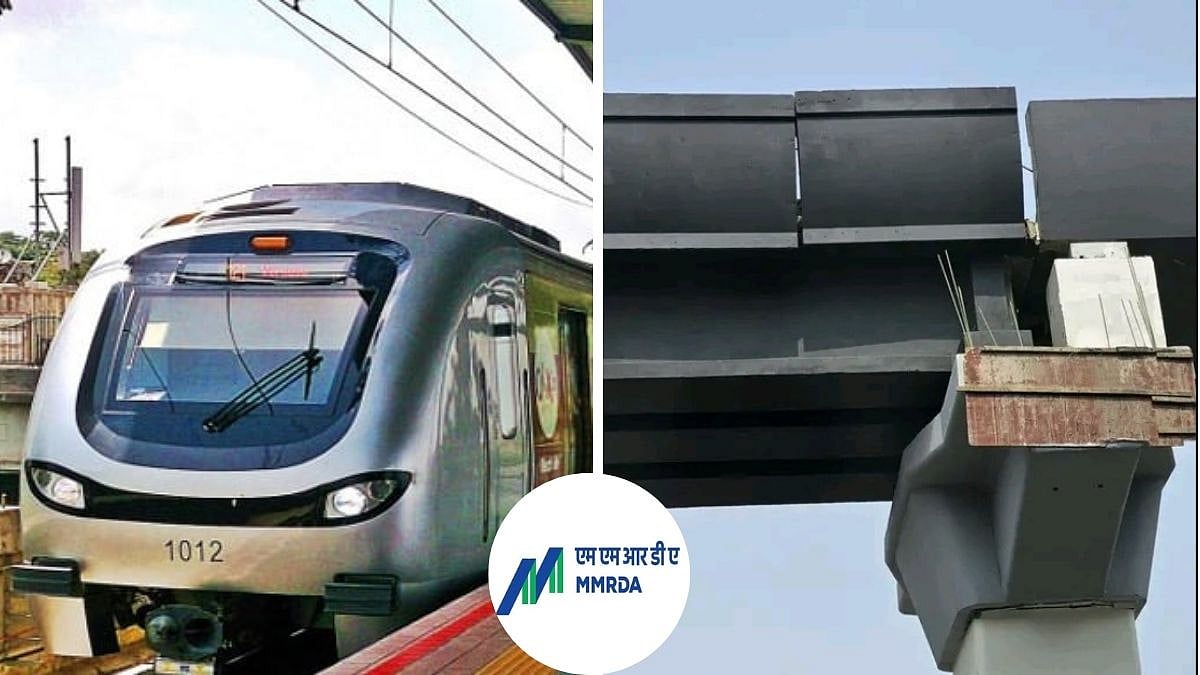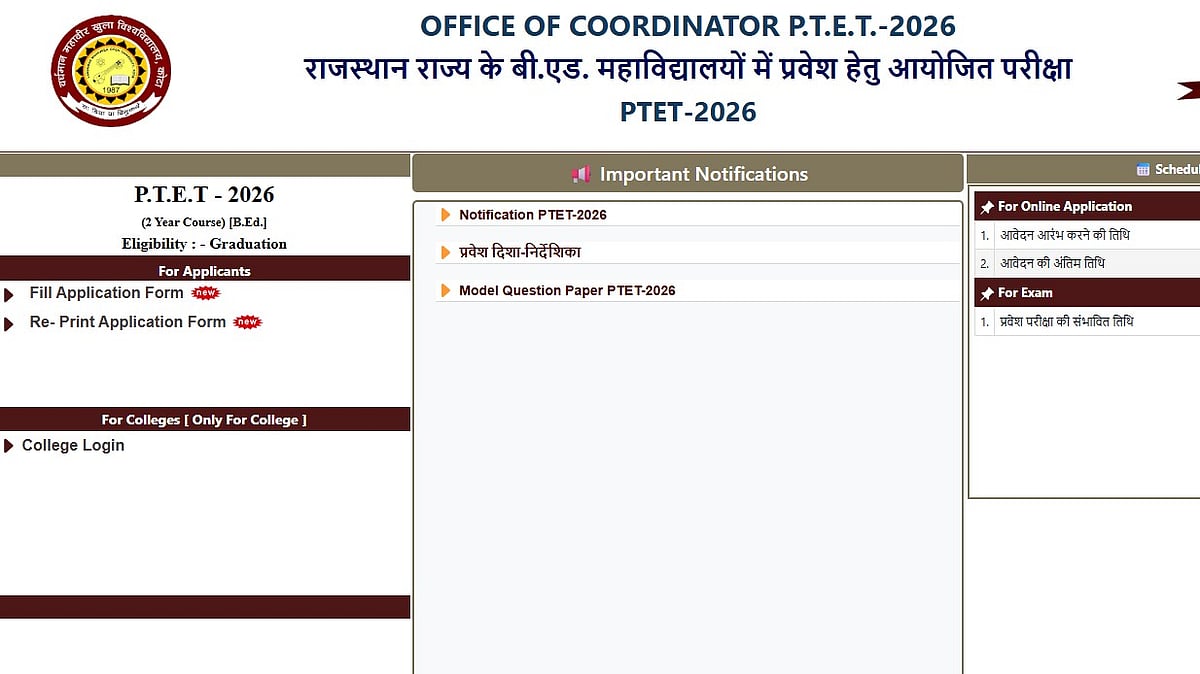The State Bank of India (SBI) decision to convert its outstanding debt in Supreme Infrastructure India Limited (SIIL), a bankrupt company, into equity has sparked a political debate, with the Indian National Congress (INC) expressing serious concerns over the implications of such a restructuring.
Jairam Ramesh Criticises SBI’s Debt Restructuring
Congress general secretary, Jairam Ramesh on Tuesday (September 24), voiced the party’s apprehensions through a social media post on X, formerly Twitter. Sharing a media report on SBI’s debt restructuring approach, Ramesh wrote, "In a extraordinary move, the SBI has decided to convert its outstanding debt into equity in Supreme Infrastructure India Limited (SIIL), a firm that declared bankruptcy. The lendors, including SBI, took a 93.45% haircut on the debt."
He questioned the rationale behind such a decision, especially when lenders, including SBI, took a staggering 93.45 per cent haircut on the company’s debt.
Ramesh termed this debt-to-equity swap "an extraordinary move," adding that it "creates a dangerous precedent in India’s corporate debt landscape."

Ramesh termed this debt-to-equity swap "an extraordinary move," adding that it "creates a dangerous precedent in India’s corporate debt landscape."
"It encourages other defaulting companies to seek similar deals, where they can retain control and value even after significant defaults," he added.
He further wrote, "It raises questions about the effectiveness of India's insolvency resolution framework and the role of public sector banks in managing distressed assets. The SBI appears to be aligning itself with the interests of the defaulting borrower (SIIL) rather than prioritizing the recovery of public funds."
In his social media post, he urged the Reserve Bank of India (RBI) to take immediate action. “There is a pressing need to ensure that public sector banks maintain strict discipline in their approach to debt resolution and avoid creating moral hazards in the financial system," he said, calling for the RBI to scrutinise SBI’s decision-making process.

Netizens Reaction
An X user reponding to it wrote, "How It Happened & Why In Largest Bank Of India?Who Is Responsible For Such Situation?Why Depositors And Investors Will Suffer?What Preventive Measures And Precautions Initiated For Safeguard Interest Of SBI? Whether SBI Is For Extending Credit To Potential NPA,Then Write Off?"




